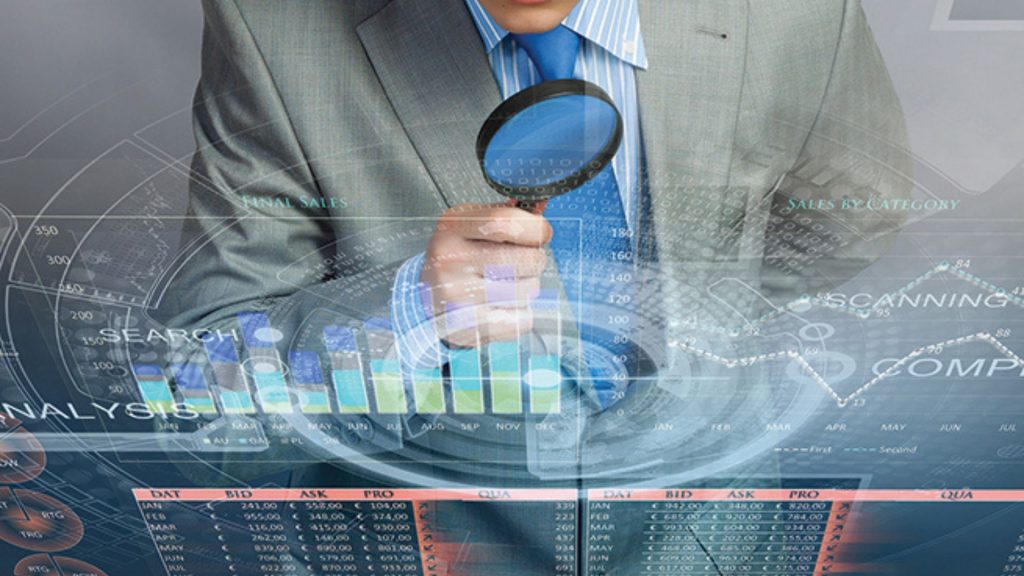Forensic accountant required background. A forensic accountant should know the principles, practices, and standards of the accounting profession, problems encountered in mismanagement and fraudulent manipulations of accounting transactions, records, and reports, possible “red flags,” historical issues, risks, threats, and vulnerabilities, civil and criminal law and rules of evidence to ensure that all reported review findings will be admissible in court when such acceptance is important to any specific case situation.
Forensic Accountant Required Background
They should have experience and continued professional education to keep abreast of new developments, identify risks, threats, and vulnerabilities relative to a possible fraud situation, methods explaining how procedures can be breached, and how controls are vulnerable to human ingenuity and accomplishing desired results objectives is required.
They should also possess skills in auditing, document management, review of scope and approaches, making a final determination as to whether things are correct and appropriately controlled or whether problems exist, identifying the full extent of the problems, and creating possible scenarios of what may have happened.
How To Become A Forensic Accountant?
Although homicide, theft, and drug dealing appear to account for the majority of visible criminal prosecutions, Americans are becoming more aware of a more insidious form of misconduct: white-collar crime. Even before the Great Recession the era of subprime mortgages, inflated corporate bonuses, and rampant economic nepotism forensic accounting had arrived on the scene to deal with the WorldCom and Enron scandals.
Forensic accountants perform a variety of tasks in order to uncover these financial frauds. According to the FBI, forensic accountants perform a variety of tasks such as analyzing financial records to create profiles and detailed reports; ensuring compliance with government and accounting regulations (e.g., GAAP); tracing income sources and transaction histories; working with case agents in structured interviews of suspects; preparing search warrants or affidavits to more thoroughly investigate cases; and testifying as exonerees.
Forensic Accountant Duties And Responsibilities
This job generally requires the ability to do the following work:
Assess losses and potential damage awards.
Apply tax law knowledge.
Apply knowledge of financial accounting practices.
Research.
Report writing.
Provide courtroom testimony.
Conduct and assist in external investigations.
Work closely with law enforcement officers and agencies.
Work independently.
Audit internal and external financial documents.
Conduct and assist with internal investigations.
Forensic accountants have two main responsibilities: litigation support and investigation. Accountants who provide litigation support provide information on tort losses as well as potential lawsuit judgments and awards. They consult with attorneys to determine how much compensation to seek. In some cases, the work of a forensic accountant providing litigation support can aid in the resolution of a case before it goes to trial.
Forensic accountants who conduct investigations work for both public and private clients. They search for evidence of fraud and other financial crimes by auditing books and financial records.
Investigative accountants investigate all types of fraudulent bookkeeping, including tax evasion, embezzlement, and money laundering, using their knowledge of tax law and accounting practices. They may also be called upon to assist in the investigation of securities fraud crimes and the identification of financiers of terrorism and criminal acts.
Education And Professional Certification Requirements
Forensic accountants usually have a bachelor’s degree in accounting or a closely related field. Many people interested in forensics will pursue a more advanced degree or certificate program to gain more specialized knowledge.
Accountants in any specialty must hold the Certified Public Accountant (CPA) designation. Although the specific requirements for this test vary by state, the majority of states require 150 hours of experience before taking the CPA exam. The extra hours can be obtained through a master’s degree program or a post-baccalaureate internship. To advance their careers, forensic accountants may choose to pursue a professional credential such as the Certified Fraud Examiner (CFE) credential.
Steps To Become A Forensic Accountant
There are numerous routes to becoming a forensic accountant, but the vast majority hold a bachelor’s degree in accounting, finance, economics, business, or a related field. As evidence, O*NET, a data organization affiliated with the US Department of Labor, discovered that 39% of surveyed accountants had some college experience and 42% had bachelor’s degrees.
Step 1: Graduate from high school (four years)
Step 2: Attend a bachelor’s program in forensic accounting or a related field (four years)
Step 3: Take the uniform certified public accountant (CPA) examination (timeline varies)
Step 4: Garner professional experience, especially in forensic accounting, internal auditing, fraud detection, white-collar crime investigations, and other relevant areas (one to three years)
Step 5: Seek state CPA licensure and other professional certifications (timeline varies)
Step 6 : Pursue a graduate degree in forensic accounting (typically two years)
Work Environment
Private corporations may hire forensic accountants to reduce and eliminate instances of internal fraud. They may also serve as or collaborate with private investigators. Private forensic accountants may help public law enforcement with investigations or share their findings with law enforcement for further action.
Forensic accountants can also be found in specialized units of local, state, and federal law enforcement. Some FBI agents, for example, specialize in investigating financial crimes and fraud. Forensic accountants may also work as Secret Service agents or NCIS agents.
Final Thoughts
The concept of forensic accounting has a brief but illustrious history, possibly beginning with the man who brought down one of the biggest fish of all time, Al Capone. Agent Frank J. Wilson of the United States Treasury Department’s Special Intelligence Unit was tasked with pursuing the notorious gangster for tax evasion, which resulted in his conviction and imprisonment.
Not everyone is cut out to be an accountant, and even fewer are cut out to be forensic accountants. It is a potentially fascinating career that necessitates a unique set of skills.





